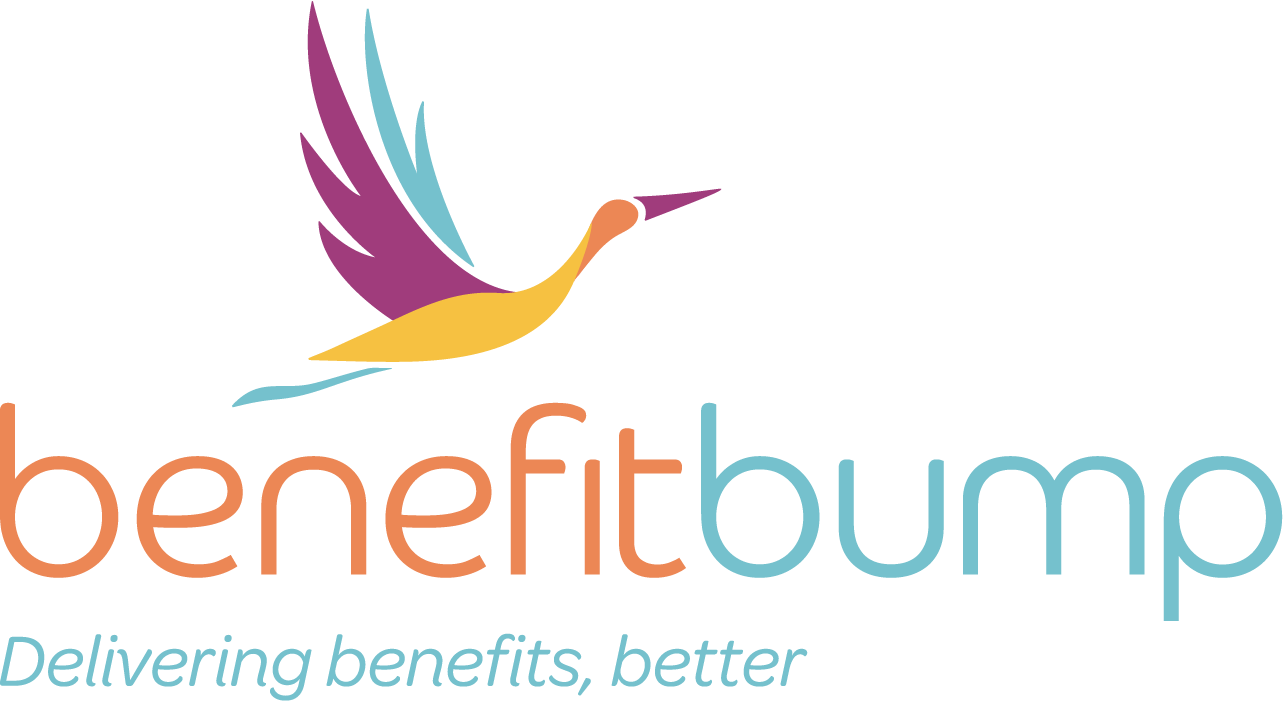Supporting New Parents’ Return-to-Work Transition
New parents can feel a bit overwhelmed with all the “to do’s” they need to think about upon returning to their role. Reaching out to provide some guided support can go a long way to ensure the process is seamless and smooth.
As a manager, you can directly impact the experience a new parent has while they transition back to work after a leave of absence. New moms and dads can feel a bit overwhelmed with all the “to do’s” they need to think about upon returning to their role. Reaching out to provide some guided support can go a long way to ensure the process is seamless and smooth.
Returning to work for new parents presents some obvious challenges, and it's time to address them. We know about postpartum [depression] and separation anxieties, but there are so many more things, like pumping [breast milk], bottling issues, handing your child over to a day care worker, the significantly increased financial burden of day care and the blur of sleep deprivation. As a manager, you have an opportunity to directly impact the experience a working parent has during this incredibly challenging time in their life and keep talented professionals from leaving the workforce.
When your employee is approaching their return to work date (two to three weeks before), plan an outreach call to them to “check-in” to get a sense of how they are feeling about returning. The emotional side of this event can really be hard to endure. Give your employee some time to think through their return to work plan and what it may look like. Be thinking of ways that you, as their manager, can help:
Ask them if accommodations are needed whether working remote or coming into the office that you should be aware of prior to returning to work.
Does their work schedule need to shift for a period of time around naps and feeding schedules?
If they are breastfeeding and returning to an onsite work location, give them assurance they can pump in a private, designated space and offer to send or review the company policy for breastfeeding breaks.
Offer to contact HR on their behalf if they have questions you can’t solely decide on without HR’s approval. Anywhere from a reduced work schedule to intermittent leave options or certain accommodations that may need to be addressed by a designated role, like HR, within your organization.
Each new parent will experience a different set of circumstances and how they view returning from their own point of view. Some parents will be eager to return to work and jump right in where they left off. Others may experience some anxiety and have reservations and concerns about leaving their children with a new sitter or daycare facility. As their manager, you can offer resources to prepare them for these events. One way to show support is to make sure they are aware of all the resources available that the company offers. There are some great company resources, you as a manager, can be aware of and offer to share with them to prepare for their return:
The Employee Assistance Programs (EAP) offers free short-term counseling sessions that can provide emotional support and coaching techniques on ways to cope with anxiety around returning to work. The resource pool is extensive at the EAP for things like childcare resources. The EAP will do all the legwork to vet and find the resources that are reputable and has openings; all within the parameters such as mileage from work or home that the employee specifies. If you refer the new mom to the EAP by providing the contact information or website URL it can really be life changing.
If you know paperwork needs to be completed (such as a release from their doctor before returning to work or adding their new baby to their health insurance) within a certain time frame, remind them of those deadlines so they don’t forget them. It’s quick and simple to communicate deadlines. This small reminder can alleviate negative feelings towards the employer for missing a deadline.
As more people delay having children, their childbearing and child-rearing years increasingly overlap with their prime working years. This has implications for employers seeking to attract and retain the talent they need. With 7.3 million job openings in an economy with only 6.54 million unemployed workers, according to the U.S. Bureau of Labor Statistics, employers seeking employees with specific skills and experience are likely to have an even greater challenge replacing those who leave. Turnover in general is costly. Turnover among an organization's most important contributors is even more so.
Remember that part of your role as a manager, is to demonstrate that you do care about your employee’s emotional well-being. It can be small in gesture but will feel much more valuable to the employee than you can imagine.

